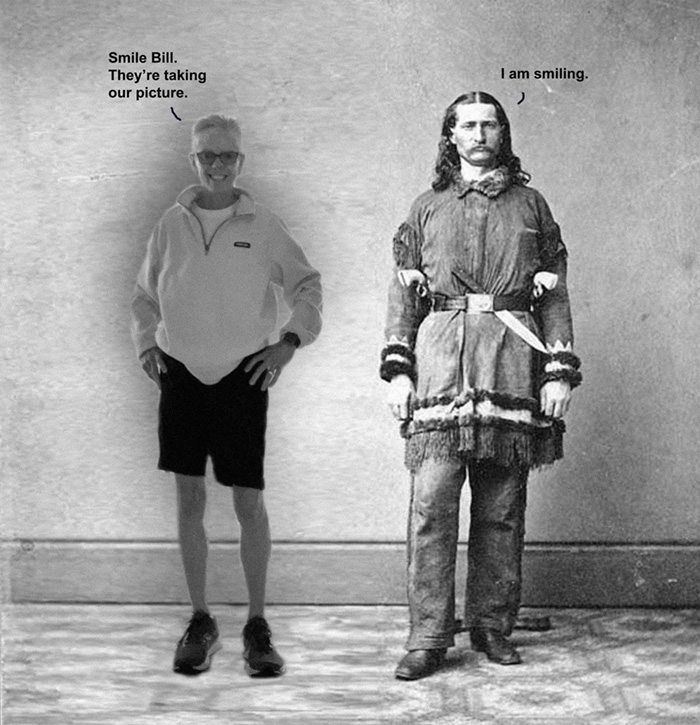I’ve finished my fourth novel.
Two books have been self-published so far, as I couldn’t reel in an agent for either one. The third manuscript is currently being pitched to that same group of agents. So far, no bites. But after six months of trying, I will most likely self-publish once again.
There’s nothing like a stack of rejection letters to fluff your pillow at night.
The fourth book is in the books, as they say. The first draft is complete. Now comes the long and hard work of editing.
There are two types of writers, generally speaking, when it comes to penning a novel. There is the “plotter” who knows their story from the start. They make a careful outline and detail the happenings of the story from start to finish before they put a single word down.
Then there is the “pantser.” They don’t plan at all. Not one little bit. They just sit down and start writing, and the story evolves.
I am a pantser. At the start of each day, when I go to my quiet office at 3:30 in the morning, I have no idea what is going to come out on the pages I’m about to write. By the time I emerge at 6:30, I’m often surprised at what just happened on those pages.
I mention all of this because, on this date, August 2, 1876, Wild Bill Hickok was murdered. This event, and that man, are in my third book, which is loosely called “Alive In Deadwood.” Or, “That’s What It Means, Doris.”
It isn’t a western, though someone might assume as much from what I’ve just told you. The story is about a woman from Ohio who discovers a great aunt has died and left the entirety of her estate – a bookstore in Deadwood, SD. The woman travels west, along with her dog, to settle the matter. Doris and Brigley.
But for this book, I did a lot of research on Bill Hickok and Martha Jane Cannary, better known as Calamity Jane.
“Wild Bill” Hickok. One of the greatest gunfighters of the American West, among other things.
His real name is James Butler Hickok, and he was born unto this Earth in 1837, in the great state of Illinois. It didn’t take him long to find the cowboy way. He moved around throughout the West. But he first gained notoriety as a gunfighter in 1861. Three men were trying to kill him, and Wild Bill drew his pistol with speed and accuracy, shooting all three men. He was all “the talk” from town to town.
But, a “highly sensationalized” account of that incredible gunfight appeared six years later in the popular periodical Harper’s New Monthly Magazine. From that point on, everyone knew the tale of Wild Bill Hickok. More magazine articles came along. People loved to read about “the wild West” during the mid-1800s. Then some books followed about Wild Bill. All of it was often blown out of proportion on the pages. They made him sound larger than life.
Although, in actuality, he was a gifted shot and took part in a long line of spectacular gunfights. Either as a bounty hunter or sheriff. But then, one day, in 1871, he was in the midst of a shootout in Abilene, Kansas, and Hickok accidentally shot his deputy. From that day forward, he never had another gunfight. Not ever.
He drifted for the next several years, living mostly off his reputation. He started to lose his eyesight and spent a lot of time trying to make a living as a gambler. Several times he was arrested for vagrancy.
Then the final curtain dropped. In the spring of 1876, Hickok moved to the town of Deadwood, South Dakota. There he became a regular at the poker tables of the No. 10 Saloon. Playing cards. One day, during a game, he sat at a table with his back to the saloon door.
At exactly 4:15 in the afternoon, a young drunk man named James McCall entered the saloon with a gun and an attitude. He walked up behind Hickok and shot him in the back of the head. Hickok died immediately. And that was the end of his story.
But when I wrote my book, Wild Bill Hickok came, walking down the pages, poker cards in hand. He held two black aces, two black eights, and the jack of diamonds. The combination of cards is forever known as “the dead man’s hand.”
And there it was. And there it is.
=========
“What really knocks me out is a book that, when you’re all done reading it, you wish the author that wrote it was a terrific friend of yours and you could call him up on the phone whenever you felt like it. That doesn’t happen much, though.”
― J.D. Salinger, The Catcher in the Rye
=========
“There is no real ending. It’s just the place where you stop the story.”
― Frank Herbert
=========
“One day I will find the right words, and they will be simple.”
― Jack Kerouac, The Dharma Bums
=========
Novel ideas, like good old Wild Bill.
